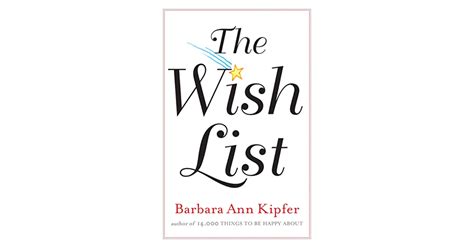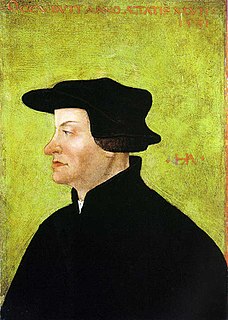A Quote by Christopher Hitchens
There are, after all, atheists who say they wish the fable were true but are unable to suspend the requisite disbelief, or who have relinquished belief only with regret. To this I reply: who wishes that there was a permanent, unalterable celestial despotism that subjected us to continual surveillance and could convict us of thought-crime, and who regarded us as its private property even after we died? How happy we ought to be, at the reflection that there exists not a shred of respectable evidence to support such a horrible hypothesis.
Quote Topics
After
Atheists
Belief
Celestial
Convict
Could
Crime
Despotism
Died
Disbelief
Even
Evidence
Exists
Fable
Happy
Horrible
How
Hypothesis
Only
Ought
Permanent
Private
Private Property
Property
Reflection
Regarded
Regret
Reply
Respectable
Say
Shred
Support
Surveillance
Suspend
Thought
True
Unable
Us
Were
Wish
Wishes
Related Quotes
It is a horrible idea that there is somebody who owns us, who makes us, who supervises us - waking and sleeping - who knows our thoughts, who can convict us of thought crime, thought crime, just for what we think, who can judge us while we sleep for things that might occur to us in our dreams, who can create us sick, as apparently we are - and then order us, on pain of eternal torture to be well again.
To demand this, to wish this to be true is to wish to live as an abject slave.
If history could prove and teach us anything, it would be the private ownership of the means of production as a necessary requisite of civilization and material well-being. All civilizations have up to now been based on private property. Only nations committed to the principle of private property have risen above penury and produced science, art, and literature. There is no experience to show that any other social system could provide mankind with any of the achievements of civilization.
Wishing is good for us.
Daydreams, fantasies, castles in the air, and aspirations
All drive us forward,
Impel us to make things happen.
They also tell us a lot about ourselves.
Our wishes come straight from our core,
And they are loaded with vital information
About who we are and who we can become.
Keeping track of our wishes
Helps us tap into the energy
That propels us to go after our happiness.
Even under the British there were hostile groups. There were clashes. But, as we found out later, these were clashes provoked by those who had no wish to let us live together - on the eve of the Partition. The policy of keeping us divided was always followed by foreigners, even after the Partition. If Indians and Pakistanis had been together...I don't say as confederated countries but as neighboring and friendly countries...like Italy and France, for example ...believe me, both of us would have progressed much further.
We do not accept a religion because it offers us certain rewards. The only thing that a religion can offer us is to be just what it, in itself, is: a greater meaning in ourselves, in our lives, and in our grasp of the nature of things...a religion exists for us only if, like a piece of poetry, it carries us away. It is not in any sense a 'hypothesis.
The question of what we are can only be answered by ourselves. We each decide what we are by the life choices we make. How we were made, who are parents are, where we are from, the color of our skin, who we choose to love, all those things do not define us. Our actions define us, and will keep defining us until even after death.
Pride was his life force; for us it was a live nerve that he could teach us to brush. One stroke, a good practice, and we could tingle for days ... First, he found the pride in each of us, then he taught us how good it could feel. What he was ultimately after was for every one of us to learn to light our own fires and glow our brightest.
It were indeed to be wish'd that our art had been less ingenious, in contriving means destructive to mankind; we mean those instruments of war, which were unknown to the ancients, and have made such havoc among the moderns. But as men have always been bent on seeking each other's destruction by continual wars; and as force, when brought against us, can only be repelled by force; the chief support of war, must, after money, be now sought in chemistry.


































